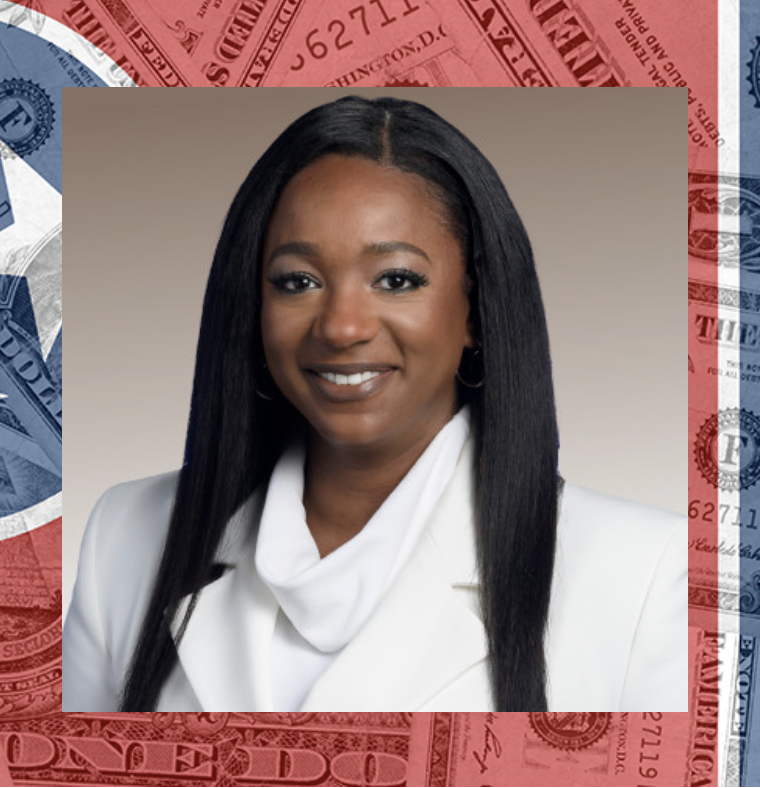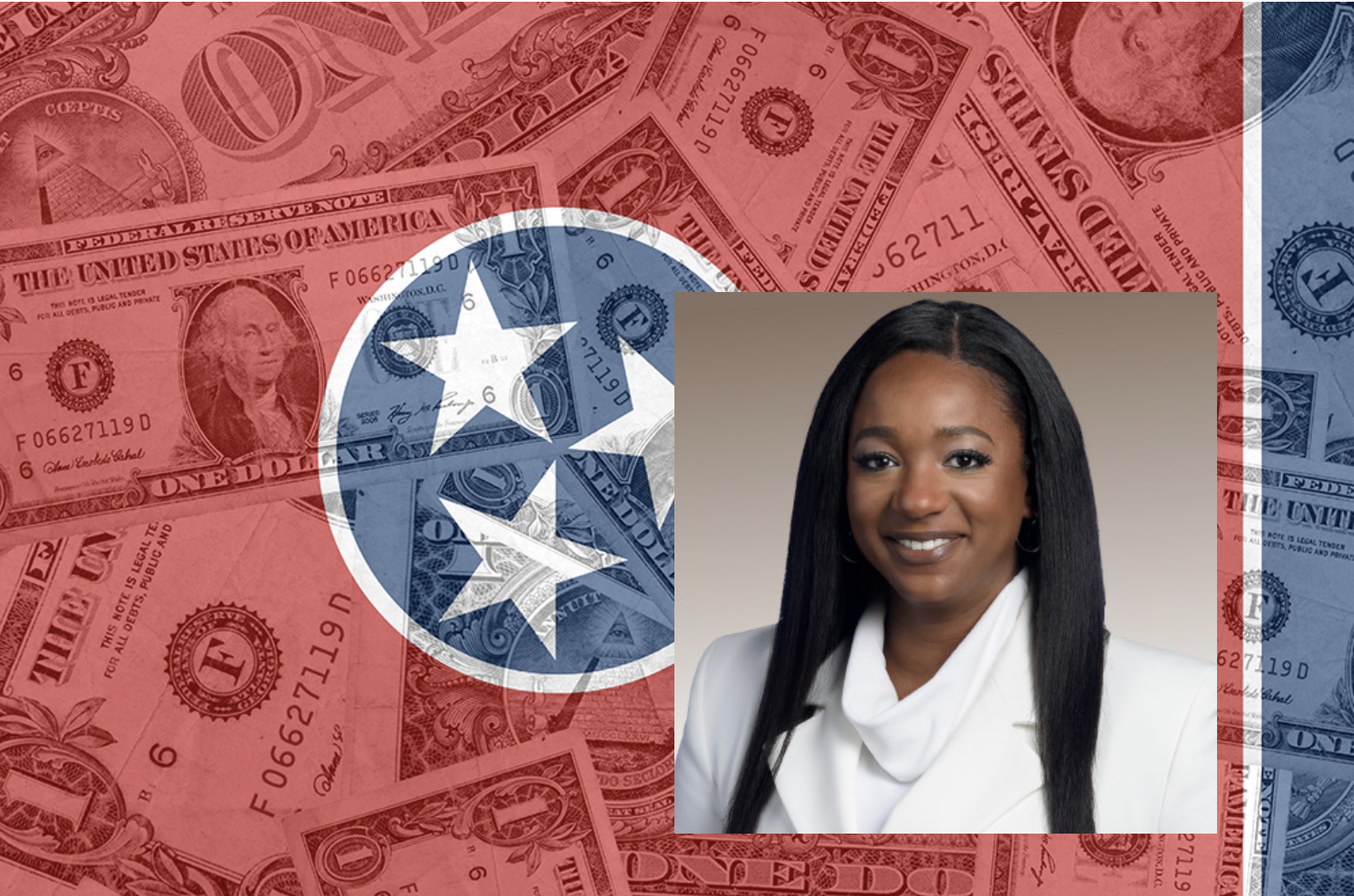Our cover story this week looks at issues stoking the embers of class struggles in Tennessee.
School vouchers, flagging revenues, and even that brief “tax holiday” on groceries have some wondering for whom does the state’s Republican-dominated government work?
State revenues will flatten this year, according to experts, after years of increases. This is thanks, in large part, to big tax breaks the legislature approved for business owners last year.
This “business-friendly” policy framework, which cuts taxes for the business class in hopes of prosperity for everyone, found harsh critics in economists with the national Economic Policy Institute.
Elena Delavega is a professor at the University of Memphis, a Memphis poverty expert, and co-author of the annual Memphis Poverty Fact Sheet, along with Gregory M. Blumenthal. She said the low-tax system does not work for everyone and stymies investments in cities. Here’s what she told us in a recent interview. — Toby Sells
(This interview has been edited for clarity.)
Memphis Flyer: Does this “business-friendly” economic system work for everyone?
Elena Delavega: It may help two or three people at the very top, but it ends up hurting everybody else by denying the investment in the community that would make it a livable community, that would attract people who can have a choice [of a place to live].
So, it’s sort of like this downward spiral. We don’t invest and then become even less attractive. Then, we cut taxes. Then, there is less money for investment. We cut more taxes and so on.
So, that’s a no.
No, it doesn’t because in the end, these companies come, take advantage of the tax breaks for a little while, and then leave. We’ve observed this again, and again, and again.
In the end, if companies cannot attract people to work for them — if we cannot attract highly educated people and we’re not funding schools to the degree we need to educate people that can be hired by those companies — the low wages and cutting taxes [system] is actually a myth.
You can cut as much as you can, but unless you find ways to make more money, it really is a fallacy. So, what ends up happening is companies cannot attract people to move here. They also cannot hire people, and they leave. Or, people are not interested because there are no amenities and the only way to do that is to actually have higher taxes.
How does this all affect our poverty situation?
It’s the policies at the top that end up creating inequality and poverty, but they hurt everyone.
You shoot yourself in the foot because abandoned areas become not interesting to businesses. So we’re here begging, “Oh my god, let’s help businesses.” But businesses are choosing to go out to cities that provide good amenities, good schools, good roads, but also good theaters, good parks, good museums because these are the things that people find interesting and where those with money want to live.
You’re then able to attract businesses not by getting yourself naked and taking off your clothes in the middle of the road, but by actually having an attractive city. Then, the money is going to come. You’re not having to cut your tax base. The money is now sufficient.
You also need to have a middle class to support your businesses. You can put tons of money on the three people at the top, but the reality is … can they drink — what? — 365 cups of coffee in a year?
But if you have 200,000 adults that are able to buy a cup of coffee once a day or going to a restaurant once a week or twice a week … now you have the people who can actually support [businesses]. If you don’t have people able to support your businesses, your economy is going to go on a downward spiral.
When you put the money in the hands of the very few at the top, what you have is a feudal system. It has a bunch of servants at the bottom who cannot afford to have anything and three very wealthy people at the top, who cannot support all the other businesses.
If you put the money in the hands of those at the bottom … if you raised the minimum wage … that would be a fantastic way [to boost the economy] because now people at the bottom are able to all go buy shoes and all go buy coffee and all go to restaurants. So, the money starts circulating and what you have is an upward spiral that really lifts all boats.



